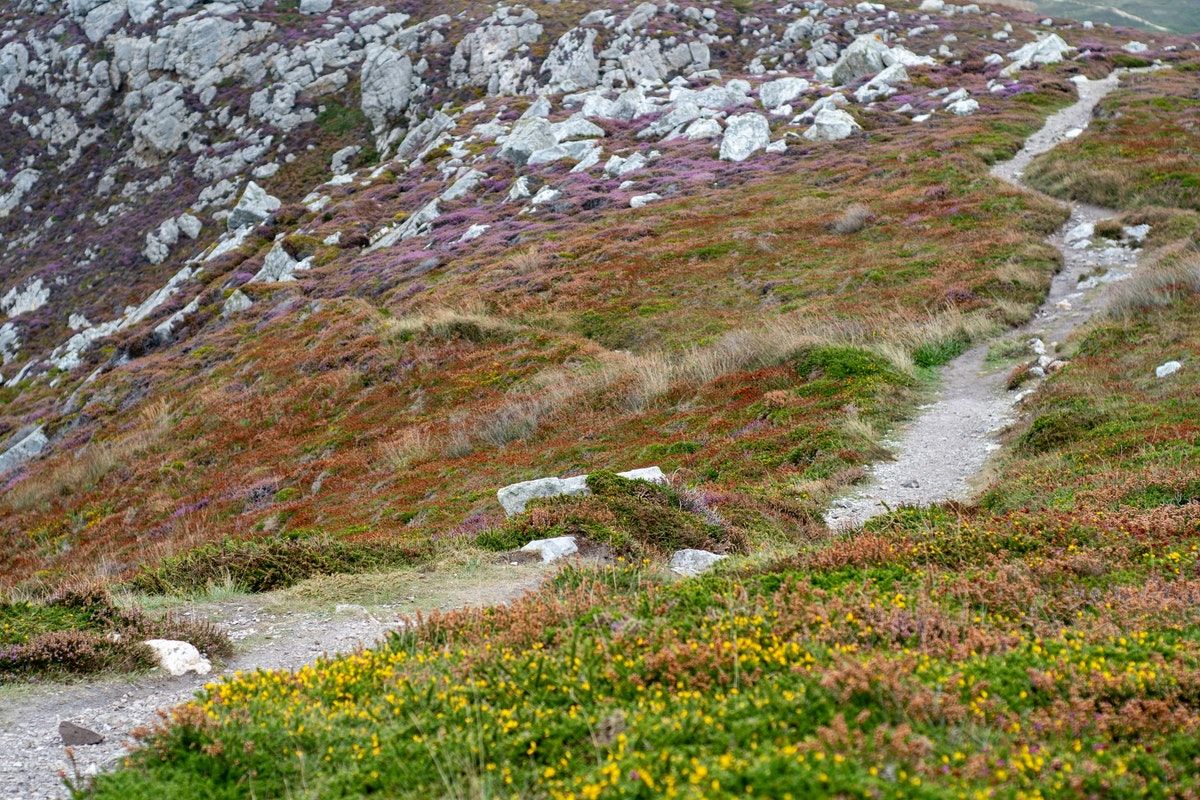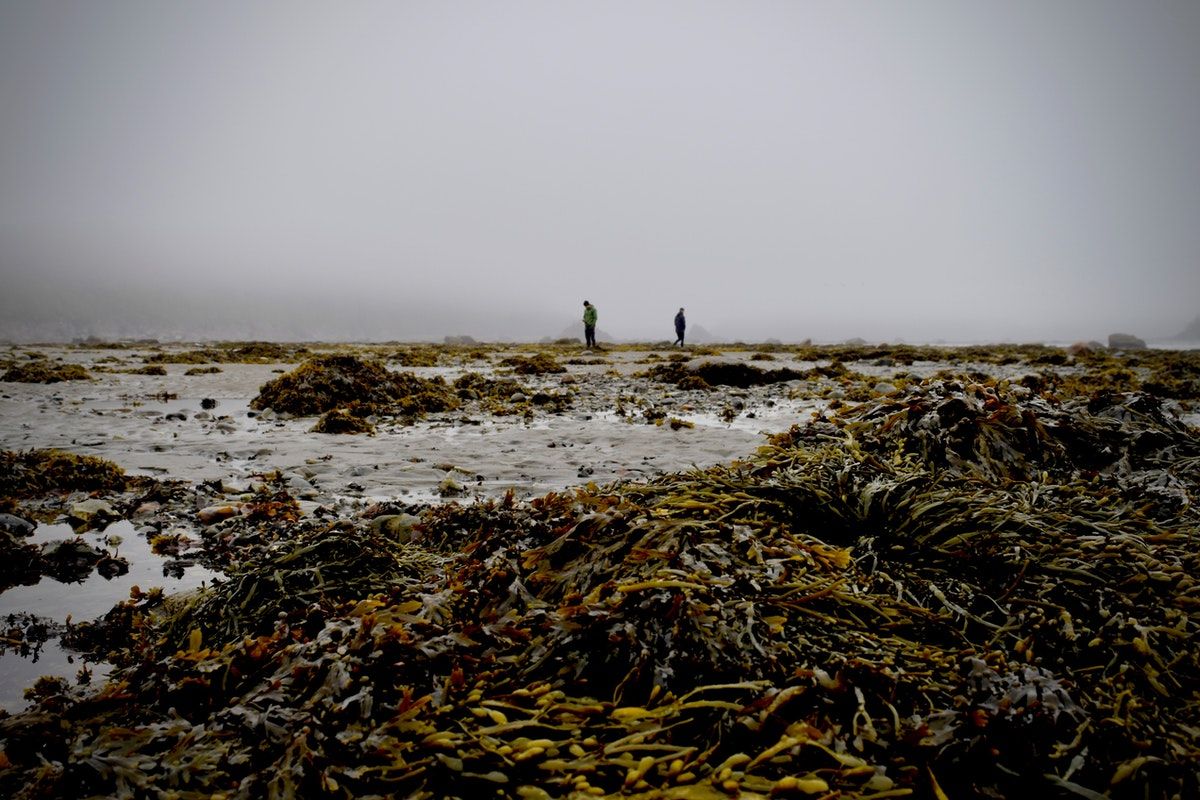
Nature Corps & Vanishing Terns
The latest news on nature and conservation in the UK.
National news
Tree strategy | The government has released its draft England Tree Strategy and launched a consultation on its contents. This will help determine how the government meets its pledge to treble current planting levels to cover 30,000 hectares a year by 2025, reports the BBC. Friends of the Earth criticised the lack of targets in the document: “The government appears to be saying England should hope for the best and rely on devolved nations doing more,” said tree campaigner Guy Shrubsole. The Woodland Trust, National Trust and Rivers Trust jointly released five tests that the final strategy must pass; you can read about those here. The consultation period will last for 12 weeks.
Rural councils | A coalition of councils, representing rural areas of the UK, has formed the Countryside Climate Network. “Our goal is to ensure that the voice of rural knowledge and experience on climate action is listened to in Westminster,” write the 27 councillors in an open letter. The group is keen to ensure that they receive a cut of the government’s £100bn infrastructure spending, reports the Telegraph. The story was covered across a number of local papers, including the Yorkshire Post and the Shropshire Star.
Nature service | A coalition of more than 60 organisations has written to the government proposing a ‘National Nature Service’, where people are paid to work in nature restoration – with a particular focus on young people and individuals from disadvantaged communities. “The scheme is inspired by the success of the 1930s US Civilian Conservation Corps and the 1970s UK Manpower Services Commission, but updated for the modern day and the UK context,” explains Wildlife and Countryside Link. Here’s the letter that the organisations sent the Chancellor. The Guardian also covered the story.
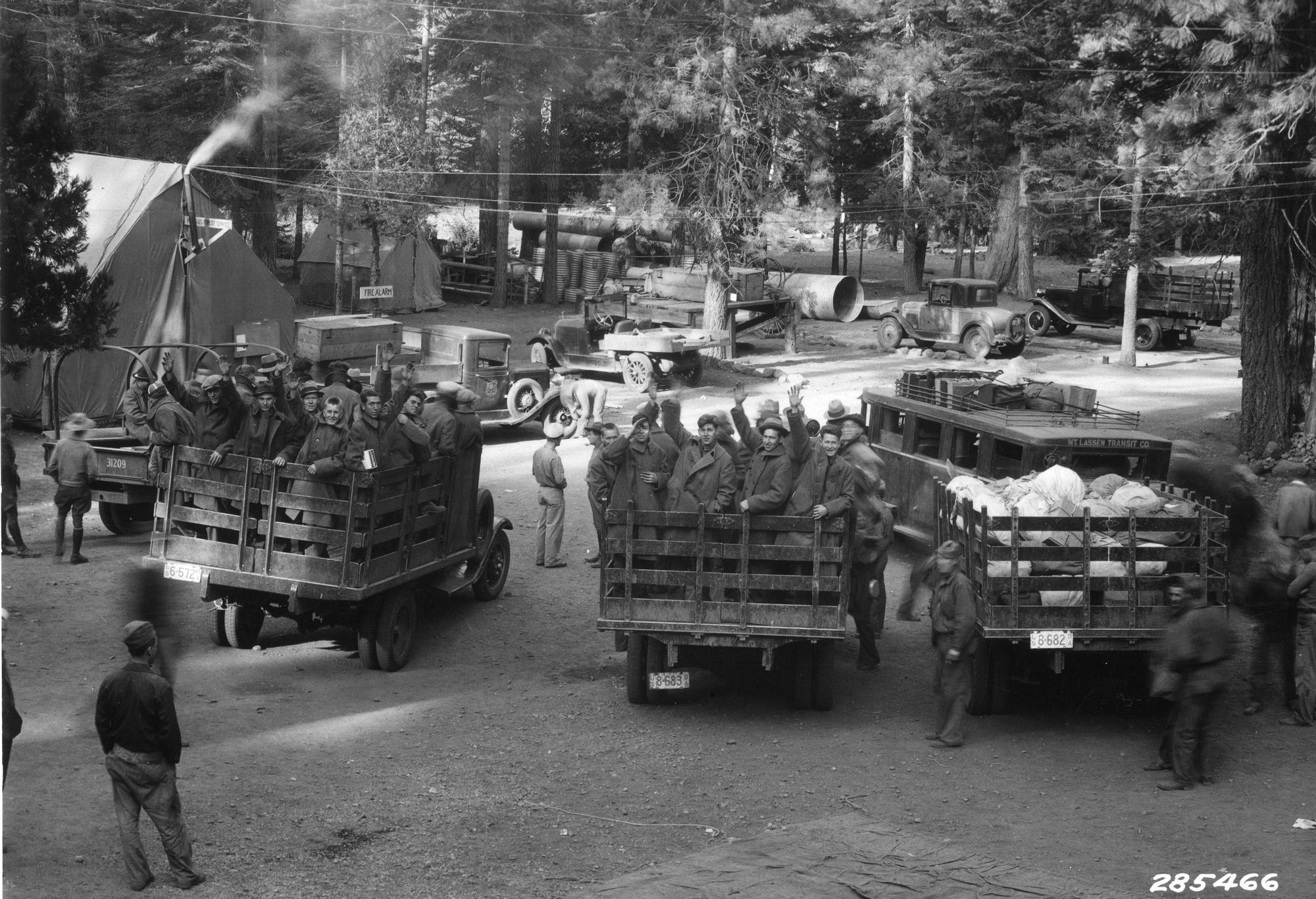
In other news:
- I’ve managed to produce seven editions of Inkcap without mentioning the royal family. No longer. Prince Charles wants urban growth to take place in harmony with nature. Shropshire Star
- Most Scottish farmers are sceptical about the impact of Brexit on agriculture. The Times
- Interest in nature has grown during lockdown, according to a National Trust poll. Countryfile
- Protesters are walking along the HS2 route to highlight its impacts on wildlife and woodland. The Guardian
Around the country
Mid-Wales | A rewilding project in mid-Wales, called Summit To Sea, faced controversy last year after Rewilding Britain pulled out due to criticism from local communities. RSPB Cymru has now taken over leadership of the project, a move that was positively received by Powys Councillor Elwyn Vaughan, who previously described the project as "privileged middle-class romanticism". He welcomed the “openness and constructive dialogue” of the past few months, reports the Cambrian News, and said that he was “now looking to create a future built on fresh foundations that reflect the community and landscape of this area.”
Derbyshire | Drama in Derbyshire! Villagers at Harpur Hill have been getting increasingly angry at people taking day trips to the area’s ‘Blue Lagoon’ – a picturesque pool of toxic turquoise water filled with animal carcasses, old cars and excrement. First, the animal rights charity PETA volunteered to dye the lagoon green, in exchange for placing a sign promoting veganism. But a few days later, the Derbyshire Telegraph reported that peeved farmers had taken matters into their own hands by spreading foul-smelling cow and pig slurry at the site. (Don’t let that stop you, though – you can’t smell it on Instagram.)
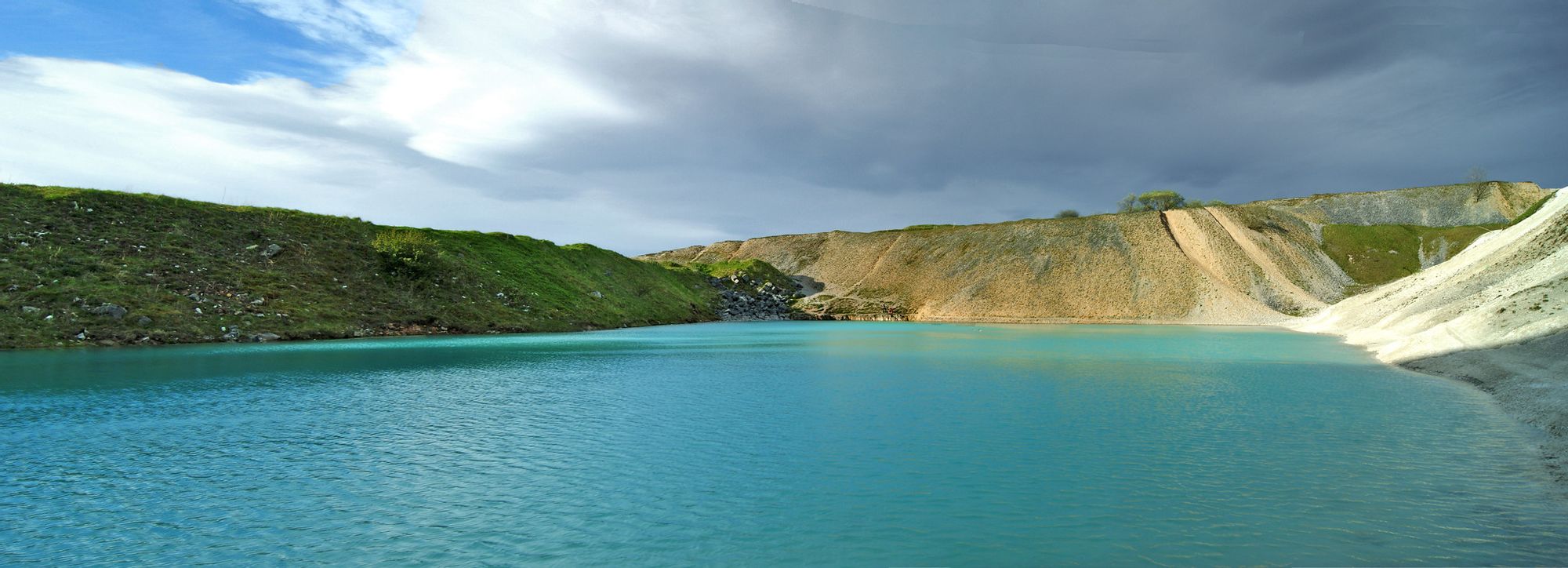
Anglesey | The UK’s largest breeding colony of Arctic terns has vanished. The birds normally live on The Skerries, a group of rocky islets off the coast of Anglesey, but this year the site has fallen silent. The likeliest cause? Peregrine falcons. “Because of the COVID-19 pandemic there are – for the first time in over a decade – no summer wardens living on the islands,” allowing the falcons to move in, explains BirdGuides. “The RSPB believes that disturbance from the falcons is almost certainly the main cause of the desertion of the colony.”
Elsewhere:
- In North Somerset, residents have protested against a council plan to fell 800 trees. Bristol Post
- A profile of the Scottish villagers attempting to buy out Langholm Moor. The Guardian
- Councillors in Stafford are divided over uncut grass around the castle. Express & Star
- Demand for ethical eggs has led to a farming boom in the Wye Valley, causing toxic run-off to fill the river with algae (though Natural Resources Wales has contested the claim). The Times
- The New Economics Foundation has released a report on the value of South Hampshire’s green belt. NEF
- A sand dune restoration project is underway in East Sutherland. The Herald
- Nottinghamshire Wildlife Trust says muddled government policy is undermining their work to limit the spread of bovine tuberculosis. NWT
Reports
Nature & climate | Restoring the UK’s nature can help tackle climate change and boost biodiversity, according to a new report by the Wildlife Trusts. It contains several case studies of where these nature-based solutions have been carried out, including on farmland and peatland. “The truth is that runaway climate change and ecosystem collapse are both symptoms of humanity’s failure to respect environmental limits,” writes Craig Bennett, the Wildlife Trusts CEO, in the Times. The Guardian has covered the report.
Progress report | The Committee on Climate Change has published its annual progress report on the UK’s efforts to cut emissions and hit the net-zero target. These include a variety of carbon-cutting measures, some of which focus on land-use. “By making substantial changes in our use of land, which are needed to meet the UK’s Net Zero target, we will bring significant benefits for the climate, biodiversity, air quality, and flood prevention,” explains the committee. The Guardian and the Independent cover the report.
Covid recovery | The Scottish government’s Independent Advisory Group has published its advice on how the country should recover from the COVID-19 pandemic. Both RSPB Scotland and Scottish Natural Heritage welcomed the prominence given to nature in the report – though the former was cautious about recommendations that “appear to propose a review of existing environmental regulations and standards”.
Science
Wild in lockdown | You’ve heard that nature is returning during lockdown; you’ve heard that these stories are nonsense; you’ve been confused. Now, an international team, including a scientist from St. Andrews, is urging formal study of the impacts of lockdown on wildlife. “It is impossible to say which observations have been hyped by social media, and which expert predictions about global animal responses will hold true. But what is clear is that humans and wildlife have become more interdependent than ever before, and that now is the time to study this complex relationship. A quantitative scientific investigation is urgently needed,” they write in Nature Ecology & Evolution.
Allotments | Space for the UK’s urban allotments fell by 65% from 1960 to 2016, according to a study in the journal Landscape and Urban Planning. The most deprived areas have been the worst affected – they lost eight times more space than wealthier parts of the cities, and were more likely to see allotments converted to commercial and industrial buildings. The findings were covered by the BBC and the Independent.
Driftwood
Monbiot v. NGOs | Last week, I bought you news of a tussle between campaigner George Monbiot and a group of environmental NGOs over a proposed mega-development in the south of England. Reader, it’s escalated. Monbiot published a piece in the Guardian accusing the NGOs in question of “playing straight into the government’s hands”. Instead of confronting power, “they queue at the abattoir gate like sedated lambs,” he writes. The local branch of the Wildlife Trusts explains its position on the debate here, including a reminder that they still “strongly oppose the Government’s current approach to development across the Arc.”
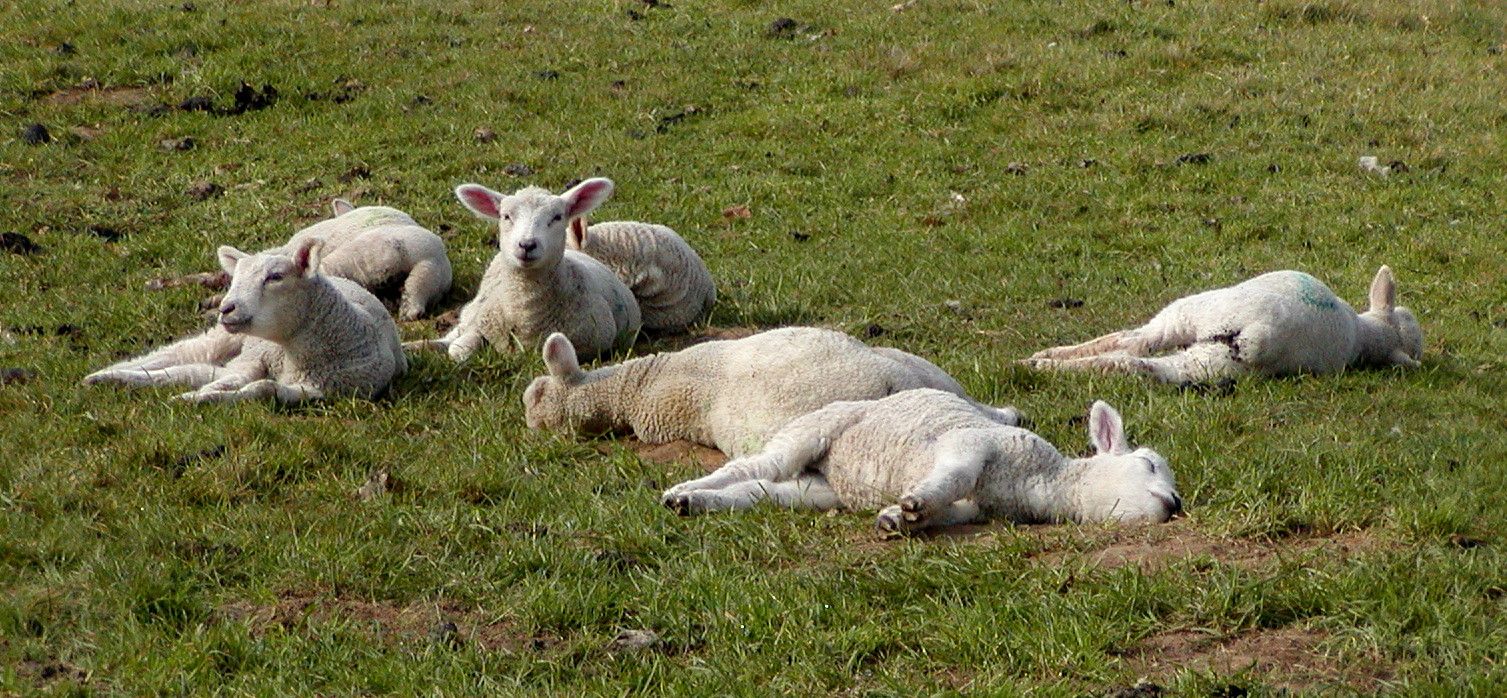
Diversity | Sorrel Lyall, an ecology student and birder, has written this eye-opening article on the lack of diversity in the birdwatching world. She looks at why it remains so white and the barriers that prevent people of colour getting involved. (She has also made this video.) I also want to mention this piece by a curator of natural science at Leeds Museum, which talks about decolonising collections – it is heartening to see somewhere take this seriously, after my reporting a few weeks ago revealed that most natural history museums are barely acknowledging their racist pasts. The journal Nature Ecology & Evolution has also published a lengthy piece on the Black Lives Matter movement and combating racism in ecology.
Farming | The government has reopened its consultation on the Environmental Land Management scheme, after pausing it due to coronavirus, aiming to inform the post-Brexit future of farming policy. Particularly interesting is this letter that has just been published by the Committee on Climate Change, where they set out the improvements they would like to see to the scheme. The recommendations are summarised here.
Further reading:
- Some of the UK’s rarest bumblebees are recovering. Bumblebee Conservation Trust
- This piece on forestry regeneration has some cool time lapse images. Forestry England
- CIEEM, the professional body for ecologists, has clarified its position on rewilding. CIEEM
- An interesting blog on the natural history GCSE and invertebrates. Don’t Forget The Roundabouts
- A blog from Natural England’s specialist on climate change about biodiversity and nature-based solutions. NE
- A judicial review has been granted on the impacts of the release of non-native gamebirds. Wild Justice
Happy days
In Conservation With | David Lindo, aka The Urban Birder, has recently launched ‘In Conservation With…’, a series of conversations with leading figures in conservation. Many of these video conversations are now online, including the one that took place this week with Caroline Lucas.
Image credits: Roberto Marchegiani, Lassen National Forest, Simon Harrod, Charles Stirton
Subscribe to our newsletter
Members receive our premium weekly digest of nature news from across Britain.
Comments
Sign in or become a Inkcap Journal member to join the conversation.
Just enter your email below to get a log in link.


